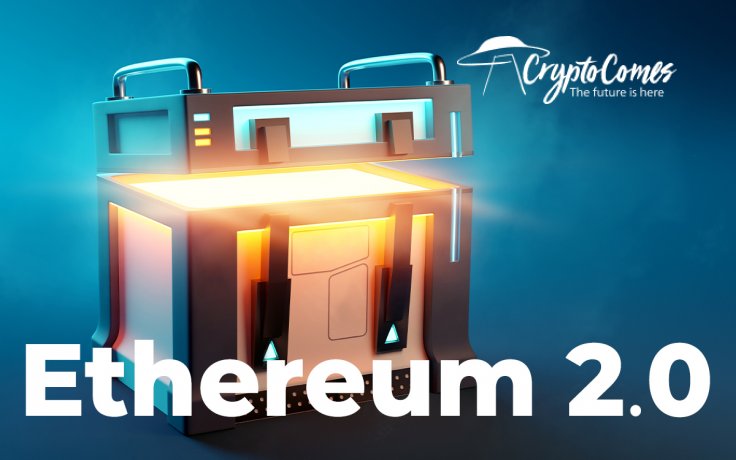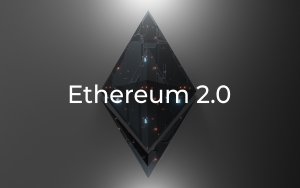Ethereum 2.0 Phase Zero, or Beacon Chain, is live for one day only, but automated services have already delivered the first statistical data about ETH2 staking. Also, the first slashing event has ended the validation of one participant.
Ethereum 2.0 offers rewards over 18 percent
The ETH2 Rewards Bot, an automated service that tracks crucial staking metrics for the newly launched blockchain, has published its two first reports. It calculates the reward rate, participation rate (the ratio of active synchronized validators), the quantity of validators as well as the number of queued potential validators.

Also, the bot developed by Ethereum contributor Ryan Miller (ryanmiller.eth) calculates projected annual returns on the basis of the actual Ether price.
The service publishes its reports twice a day. Thus, two messages are available thus far.
According to the first two statements, Ethereum 2.0 validators can enjoy 18.26 percent in APY as a reward. These are far more impressive rewards than those of every blockchain from the top league. Only Zilliqa (ZIL) allows 17.26 percent in rewards, according to StakingRewards explorer.
First slashing registered
Given the current Ethereum (ETH) price, one Ethereum (ETH) validator can earn up to $3,458 per year. Thus, staking in Ethereum 2.0 remains a lucrative staking opportunity.
Also, the first slashing event (a penalty due to disclosed misbehavior) was witnessed by Ethereum 2.0 today. Ethereum researcher Justin Drake reported on this fact today at 1:30 p.m. UTC.
A validator got slashed for a block equivocation, losing ~0.25 ETH. Do not try to run fancy validator redundancy that could bypass the slashing protections.
In a nutshell, one Ethereum 2.0 validator was fined $150 for submitting two blocks at the same time. Thus, to prevent a network split, the system slashed him. Mr. Drake added that all penalties will increase hand in hand with the progress of ETH2.
As covered by CryptoComes previously, Ethereum 2.0 Phase 0 launched yesterday, on Dec. 1, 2020. More than $500 million were deposited into its first contract by Ethereum (ETH) enthusiasts.





